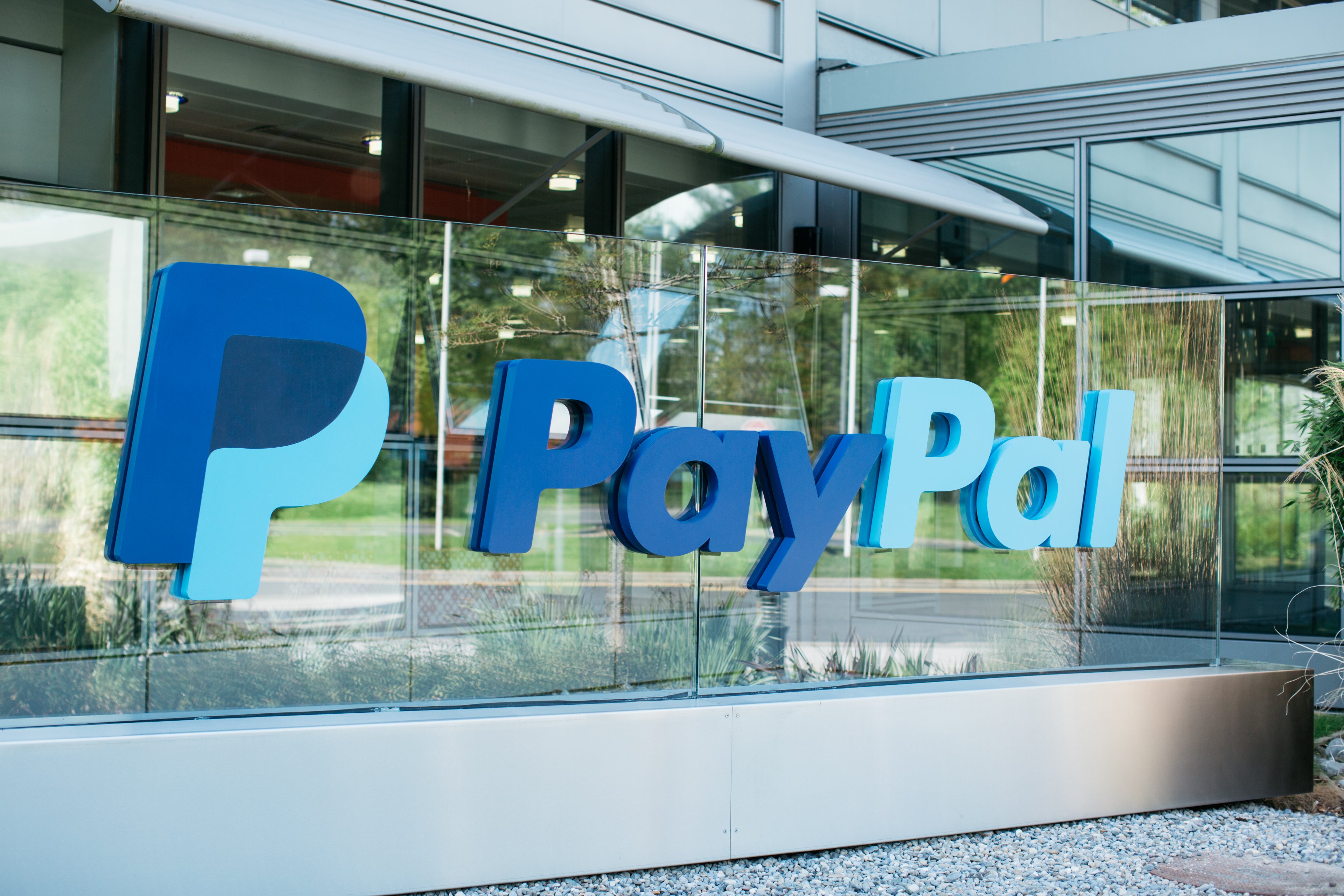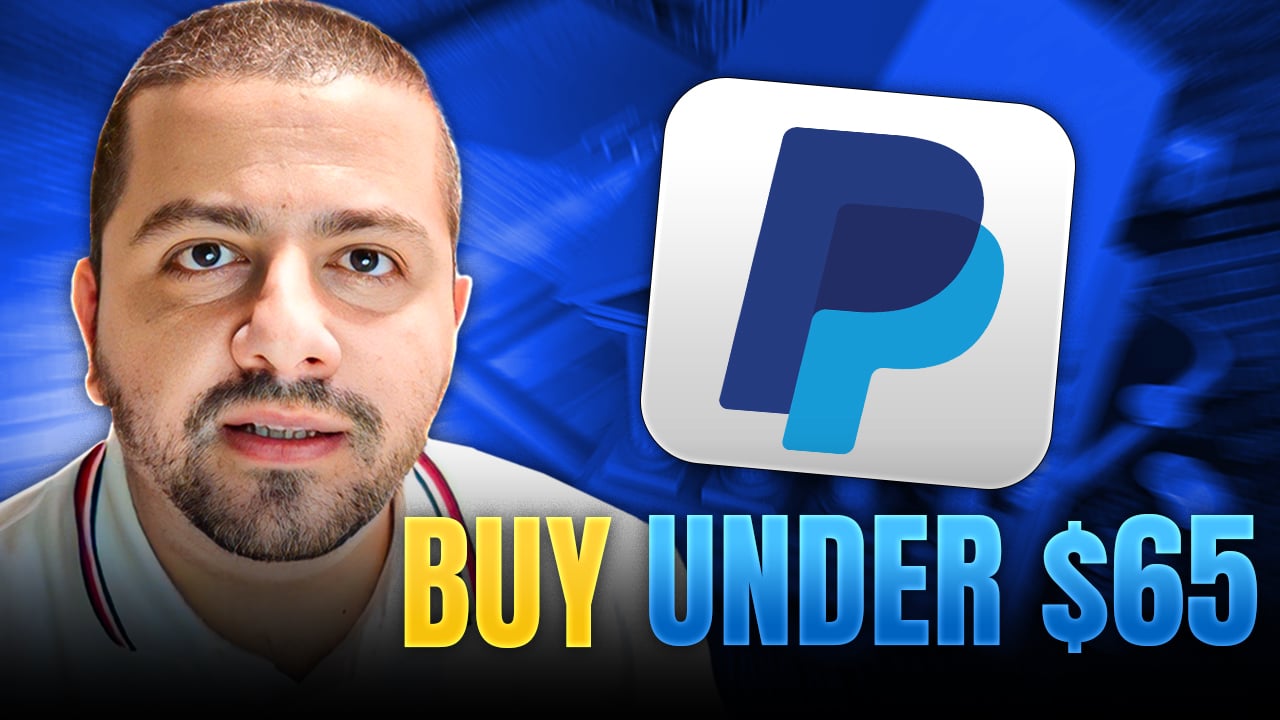It's been a disappointing year for these two companies. As of Aug. 21, Block (XYZ 1.42%) shares have tanked 13% in 2025. PayPal (PYPL +0.05%) has fared worse, with its shares down 21% this year. If that weren't bad enough, both are trading more than 70% below their all-time highs, a gut-wrenching reality that might scare most investors away.
But to be clear, both companies have positive attributes. Between Block and PayPal, which is the better fintech stock to buy?

Image source: Getty Images.
Block's two ecosystems continue to grow

NYSE: XYZ
Key Data Points
Block operates two successful ecosystems that can be viewed as separate businesses. Square posted 11% gross profit growth last quarter (Q2 2025, ended June 30), offering tools and services to merchants. Cash App, which serves individuals, is growing at a faster clip. And it has 57 million monthly active users.
The business continues to innovate to drive further growth. For instance, Square AI gives merchants access to valuable data insights. And Cash App Borrow, a short-term lending product, saw originations rise 95% year over year. Block's expansion playbook is focused on introducing new products and services to bring more merchants and consumers into the fold. Then it's about boosting use and monetization.
Looking ahead, it's clear that Bitcoin will slowly become a bigger factor in Block's success. Founder and CEO Jack Dorsey is very bullish on this crypto. And he has overseen new projects, like the development of a hardware wallet and mining equipment, to further accelerate Bitcoin's adoption. Should the digital asset continue on its impressive trajectory, this could be a boon for Block over the long term.
PayPal has long been a leader in digital payments

NASDAQ: PYPL
Key Data Points
PayPal has a presence in more than 200 countries across the globe. It handled $443 billion in total payment volume in the second quarter (ended June 30). And it counts 438 million active users. This scale demonstrates just how important PayPal is in the world of online commerce. And with its two-sided platform, PayPal benefits from a network effect.
But the company has dealt with slower growth in recent years, which prompted a leadership change. Alex Chriss, who has been CEO since September 2023, is doing a good job so far of righting the ship. He has brought innovation back to the forefront.
For instance, a key recent initiative is PayPal World. Set to launch later this year, it's a global platform that will connect different digital wallets and payment systems. This could provide a more seamless experience. PayPal also has its own stablecoin, called PYUSD, to lower costs and speed up transactions.
Under Chriss, PayPal is also better monetizing its Venmo segment, which essentially competes directly with Block's Cash App. Venmo is trying to become more than a peer-to-peer payment service, for example, with its very popular debit card. Venmo posted greater-than-20% revenue growth in Q2, better than that of the company overall.
Despite the stock's performance, PayPal operates from a position of financial strength. Earnings per share calculated according to generally accepted accounting principles (GAAP) soared 20% in Q2. Free cash flow is expected to be $6 billion to $7 billion for the full year.
The final verdict
There's no denying that both of these companies have established themselves as powerful forces in the fintech industry. Block operates with a bigger presence in physical commerce, while PayPal leads in online payments. Nonetheless, both of these businesses face a lot of competition.
Investors who have a higher risk tolerance might want to consider Block. The company's focus on Bitcoin activities adds upside, but it also introduces uncertainty, as ultimate success isn't guaranteed. On the other hand, investors who want to own a financially sound digital payments powerhouse will favor PayPal. The company's much cheaper forward price-to-earnings ratio of 12.9 is also hard to overlook.
And, of course, those who want more exposure to the fintech space could choose to own both of these stocks.





